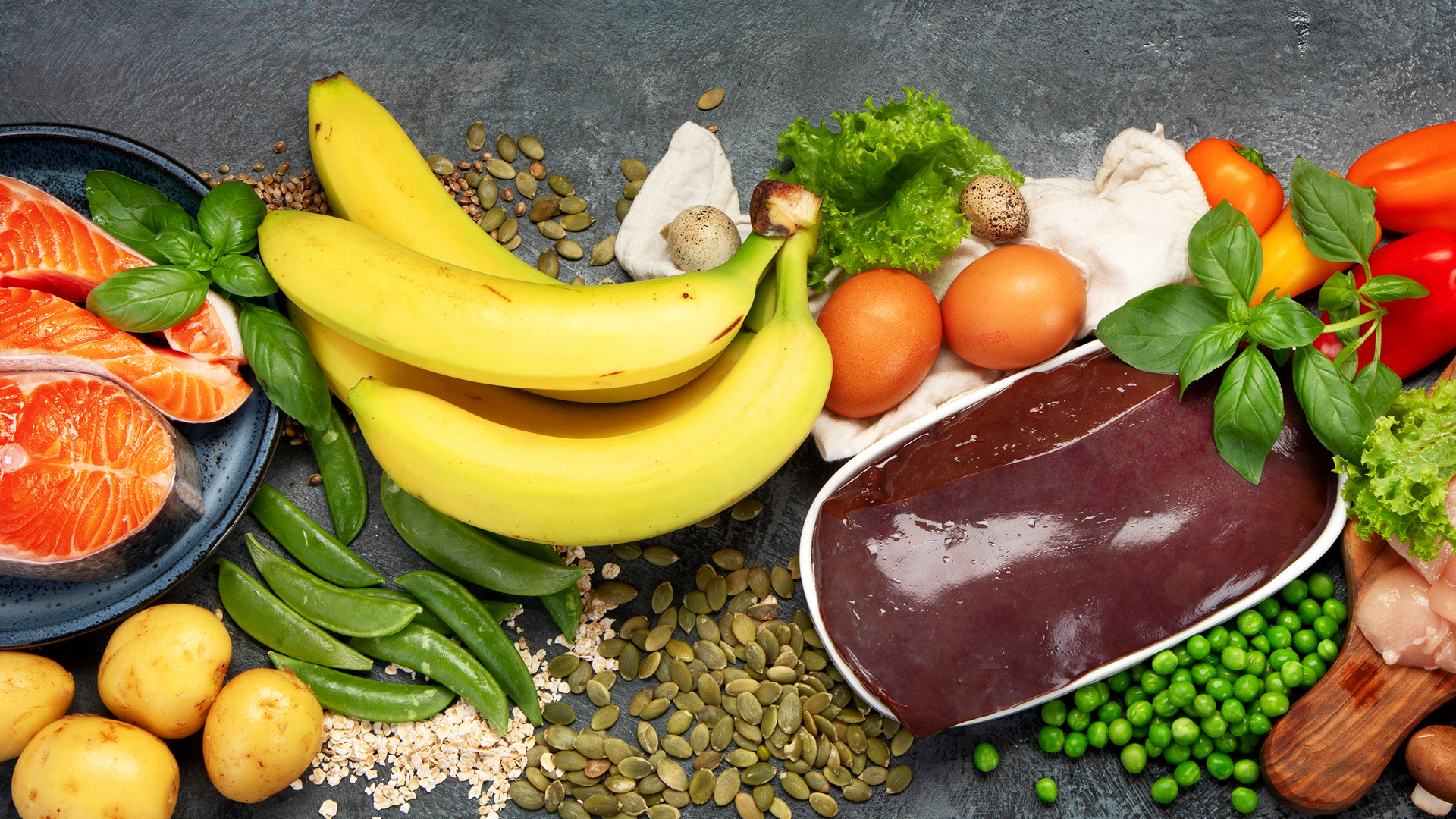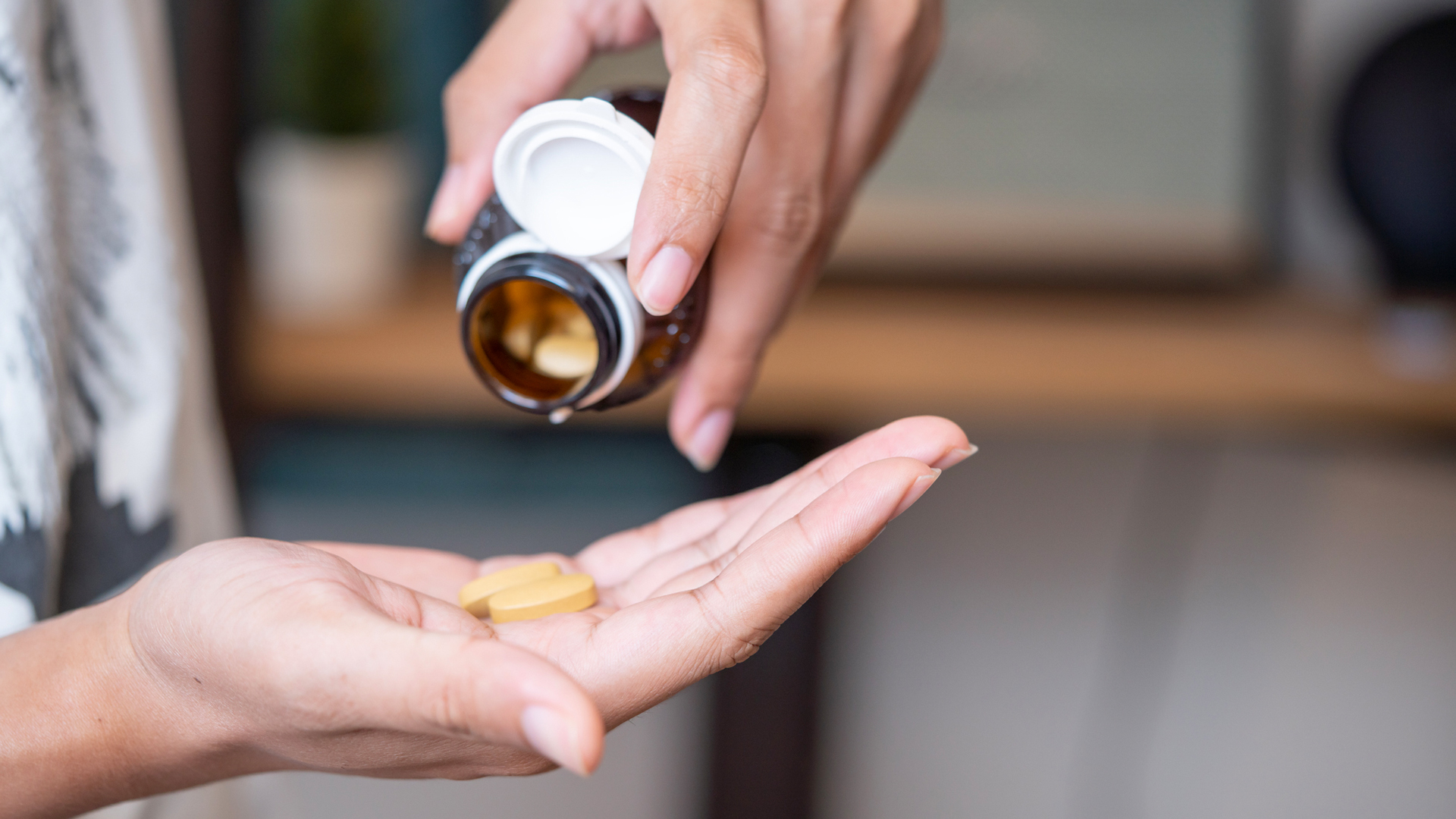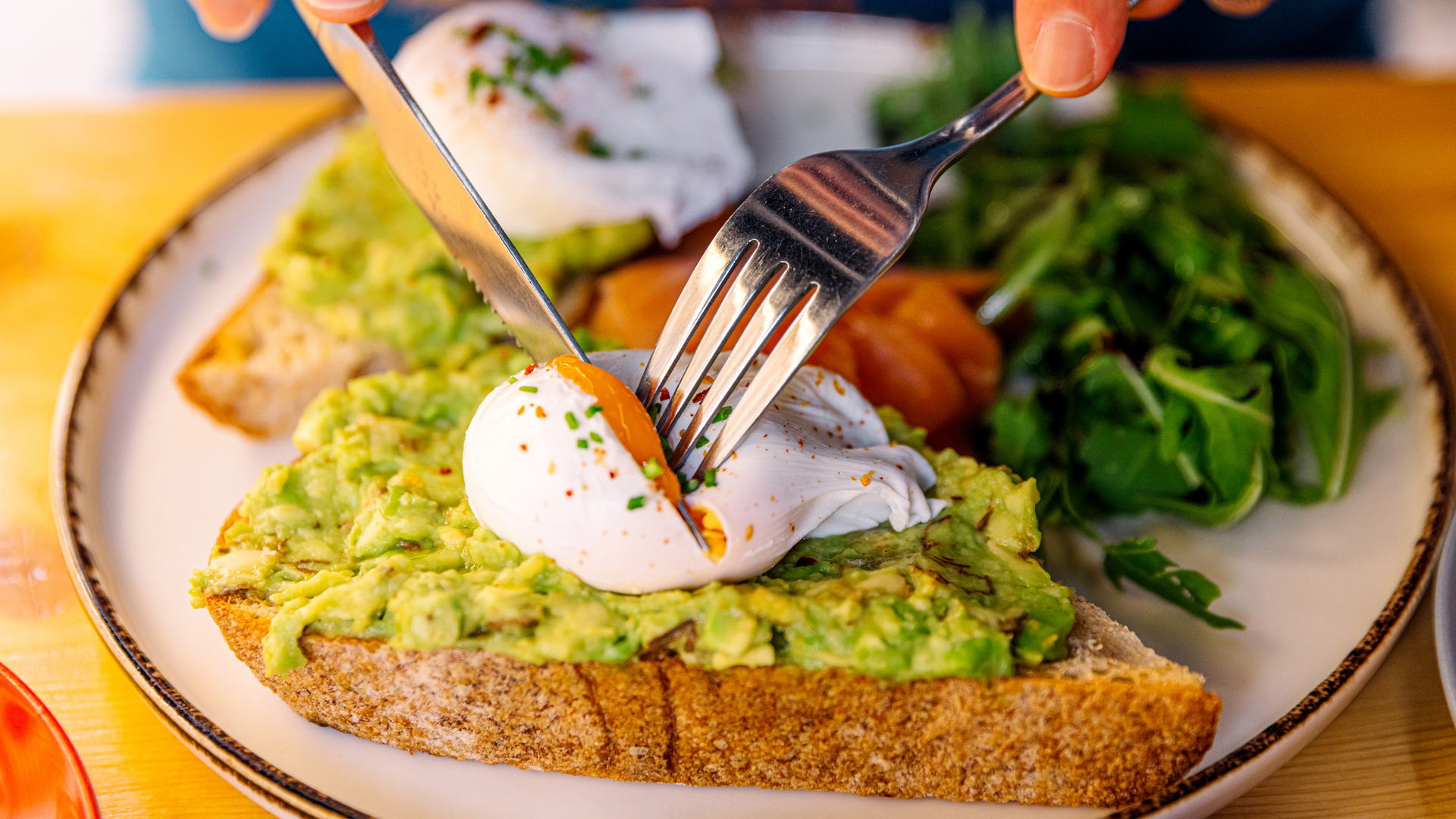
Start your week with achievable workout ideas, health tips and wellbeing advice in your inbox.
You are now subscribed
Your newsletter sign-up was successful
B12 is one of the vital vitamins that our body needs for proper function, so you should know which vitamin B12 foods to include in your diet to optimize your health. This nutrient plays a role in how our bodies use energy, the maintenance of our immune systems and the creation of new blood cells.
If you don’t get enough vitamin B12 you might find yourself experiencing muscle weakness, pins and needles, fatigue, changes to your mood and heart palpitations. These symptoms may seem alarming, and you should seek medical attention if you experience any of them.
We get most of our dietary B12 from animal sources, so people who are plant-based need to take extra care to ensure that they are getting sufficient amounts. One option is to take the best B12 supplements, to keep your body happy and healthy. There are a handful of vegan sources of B12 too, so read on to discover how to include them in your diet.
Why is B12 important?
There are many benefits of B12, but it is particularly important for making red blood cells, keeping our nervous systems healthy and energy synthesis – the process of getting the energy we need from food. B12 also helps our bodies to access vitamin B9, which is also called Folate or Folic acid. Folic acid is something pregnant women need to support a growing fetus.
Dr Justine Butler, head of research for Viva!, told Fit&Well that vitamin B12 deficiency can be dangerous. “Vitamin B12 helps to make red blood cells and keeps our nervous system healthy,” she says. “A deficiency can cause serious problems, especially in the young, with symptoms including extreme tiredness, lack of energy, pins and needles, muscle weakness, depression and cognitive problems such as poor memory, understanding and judgment. It can lead to raised levels of a substance called homocysteine, which can increase the risk of heart disease and stroke. All humans need B12, and anyone over 50 is recommended to take a supplement, whether or not they follow a vegan diet.”

It can be harder for those on a plant-based diet to get vitamin B12, as it is mostly found in animal foods. However, as well as B12 supplements, you will find that B12 is added to lots of plant-based foods such as milk alternatives and meat substitutes.
Sophie Medlin, a Doctify-reviewed dietitian, says that B12 deficiencies might be on the rise. “As we as a population reduce our intake of animal products, our risk of vitamin B12 deficiency increases,” she says. “Many people with low vitamin B12 will experience mood changes as an early sign of deficiency. There are no plant sources of vitamin B12 but plenty of fortified vegan foods as well as a useful seasoning called nutritional yeast which should be used liberally on a vegan diet rather than relying on fortified processed foods.”
Start your week with achievable workout ideas, health tips and wellbeing advice in your inbox.
Vitamin B12 foods
The average adult needs 2.4 micrograms of B12 per day, with the requirement slightly higher for pregnant or lactating women. Six common foods that contain vitamin B12 are:
- Lamb mince: 2.31 micrograms per 100g portion
- Salmon: 1.3 micrograms per 100g portion
- Cheddar cheese: 1.06 micrograms per 100g portion
- Eggs: 1.02 micrograms per 100g portion
- 2% Milk: 0.38 micrograms per 100g portion
- Chicken breast: 0.2 micrograms per 100g portion

By eating a combination of these foods, you can easily achieve the recommended daily intake of B12.
For those on a plant-based diet, one of best sources of vitamin B12 is nutritional yeast, which can be used as you would use grated cheese. A 5g serving contains a whopping 7.5 micrograms of B12, making it an effective source for vegans and meat-eaters alike. You will also find that milk alternatives, such as almond or soy milk, are often fortified with B12, with a 100g serving of almond milk containing 0.45 micrograms of B12.
Dr Deborah Lee, of Dr Fox Online Pharmacy, tells us that vitamin B12 deficiency may not be noticeable at first, but can have dangerous long term impacts. “The Vegan Society also points out that most people will not show symptoms of B12 deficiency for 20 years or more,” she says. This does not mean B12 deficiency doesn’t matter – it may be silently affecting growth, repair, and development in many ways which could have a potentially serious outcome.”
Another factor to consider is the bioavailability of B12. The National Institutes of Health suggest that the bioavailability of B12 is three times higher in dairy products than in meat, fish, and poultry. It also indicates that the bioavailability of vitamin B12 from dietary supplements is about 50% higher than that from food sources.
Dr Butler notes that you can’t overdose on vitamin B12. “Vitamin B12 is water-soluble so if you take more than you need, it simply comes out in your urine. Guidelines say that up to 2,000 micrograms a day is unlikely to cause problems and you shouldn’t take more than that.”

Lou Mudge is a Health Writer at Future Plc, working across Fit&Well and Coach. She previously worked for Live Science, and regularly writes for Space.com and Pet's Radar. Based in Bath, UK, she has a passion for food, nutrition and health and is eager to demystify diet culture in order to make health and fitness accessible to everybody.
Multiple diagnoses in her early twenties sparked an interest in the gut-brain axis and the impact that diet and exercise can have on both physical and mental health. She was put on the FODMAP elimination diet during this time and learned to adapt recipes to fit these parameters, while retaining core flavors and textures, and now enjoys cooking for gut health.
